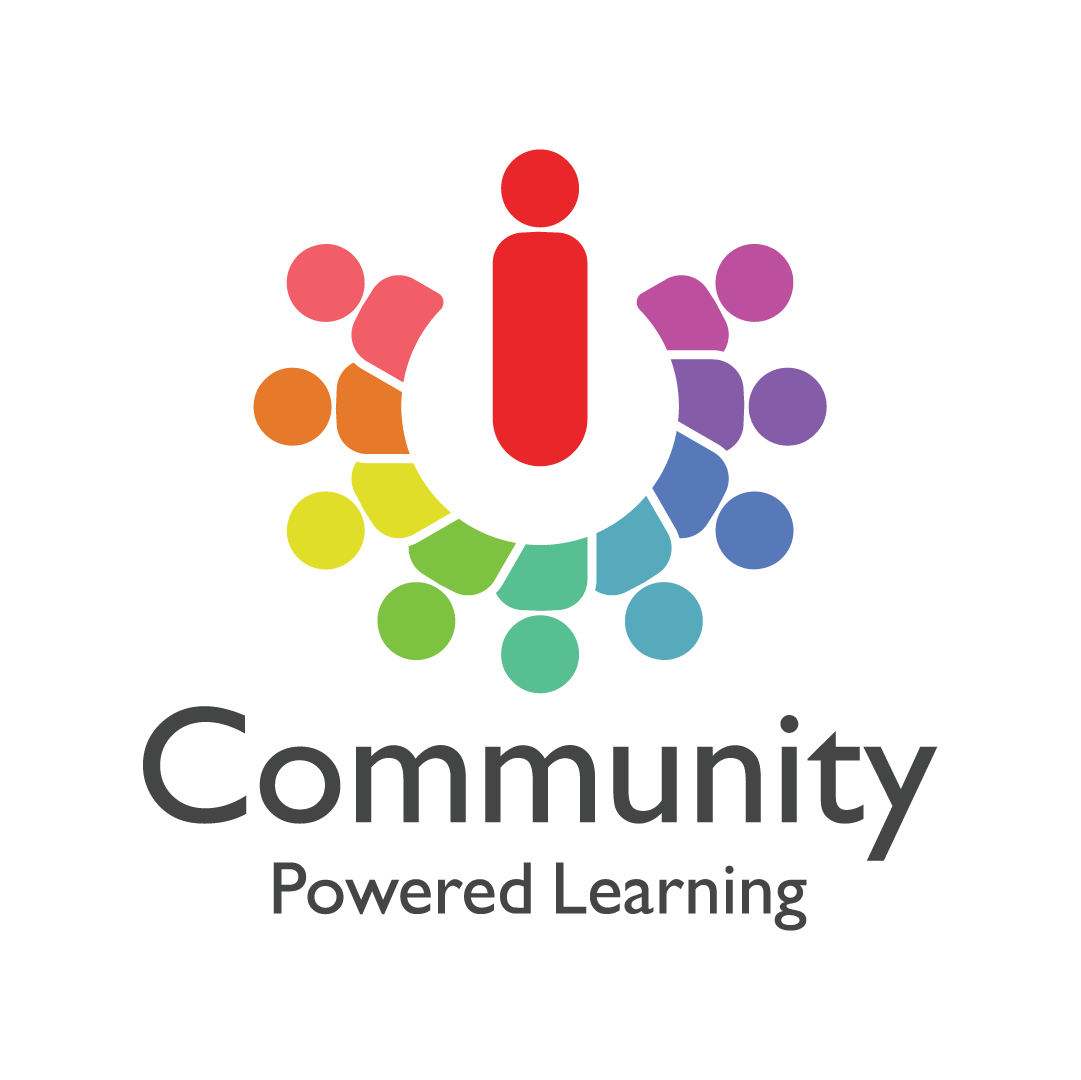Blog
What Does It Mean to Be Community-Powered?
By Heidi Beauregard
June 20, 2025
At its core, being community-powered means shifting where the power lies in education—and in life. It means flipping the script on who gets to decide what matters, who gets to define success, and how learning unfolds. In a community-powered approach, learning isn’t something handed down from above; it rises up from the ground, rooted in the needs, values, and aspirations of the people it’s meant to serve.
Community-powered learning begins with a simple, radical truth: all people want to learn. Curiosity is hardwired into us. From infancy, we reach, observe, mimic, test, repeat. That drive doesn’t disappear as we age, but it does go dormant when the conditions around us tell us that our questions don’t matter, our interests are irrelevant, and our knowledge is only valid if it’s approved by someone in authority.
That’s what traditional schooling, designed from the top down, has too often done. Curricula are written far from the communities they serve. Standards are delivered like mandates, and teachers are trained to implement rather than invent. Students quickly learn that their job is not to inquire or imagine, but to comply.
But people don’t stop wanting to know. If they’re not given space to learn in ways that feel relevant, applicable, and motivating, they’ll seek out knowledge elsewhere. That instinct is not a problem, it’s a sign of life. In fact, many of the cultural critiques we see today—of misinformation, conspiracy theories, digital rabbit holes—are really just symptoms of a deeper truth: people are hungry for meaning. They’re driven to make sense of the world. If formal learning spaces won’t feed that hunger, others will.
At the same time, we must remember another deeply human truth: we resist control. We push back against power that doesn’t see us. We rebel when we’re boxed in. And when we are told that our voices don’t count in decisions about what or how we learn, we don’t just disengage, we revolt. History shows us this pattern again and again. Education is not exempt.
Maybe we’re on the brink of a revolution in schooling—not a breakdown, but a breakthrough. And maybe the answer lies in community-powered learning.
In a community-powered model, the role of the educator shifts. We are not gatekeepers. We are not enforcers. We are facilitators, connectors, guides. We bring tools, resources, and experiences to the table, not as prescriptions, but as possibilities. We help people uncover their own goals and explore new ones as they grow, stretch, and learn alongside others. And we design alongside—not for—the people in the room.
When learning is community-powered:
The people closest to the problem help design the solution.
Identity and culture are not just included—they're central.
Teachers are empowered to adapt, innovate, and respond in real time.
Learning happens with others, not in isolation.
Success is defined by the learner, not dictated from above.
Community-powered learning is not just a philosophy, it’s a call to action. It challenges us to trust people. To trust their desires, their intelligence, their capacity for growth. And it calls us, as educators and system designers, to meet that trust with humility, creativity, and care.
Because when the power comes from the people, the learning never stops.
